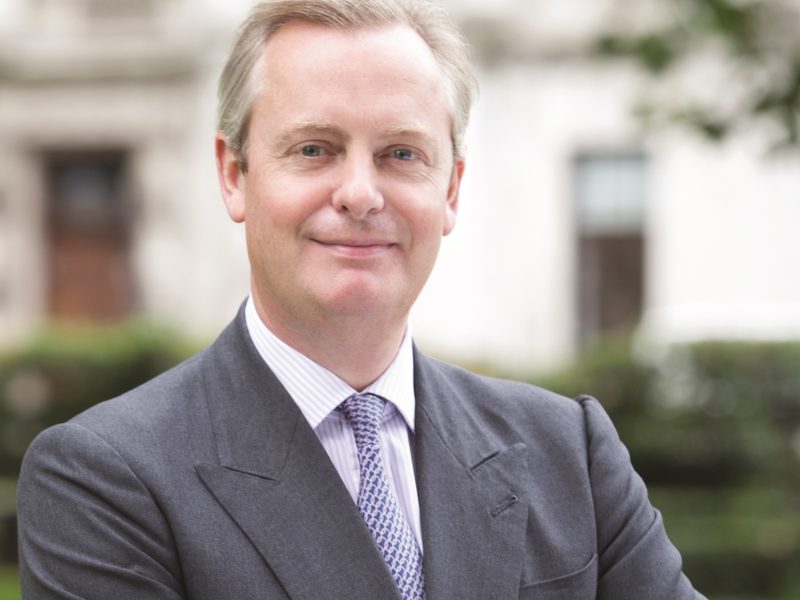Families have the surest foundation in shared purpose based on agreed values. However, confusion can exist between values and purpose and their logical ordering. Values must come first and are inexorably followed by purpose, with mission as the final element of the trio that defines a family’s culture (VPM).
Values collectively explain the key ties that create family cohesion: its principles, morals, culture, aspirational qualities, what characteristics are esteemed and what behaviours are seen as valuable or worthy.
This leads to purpose, which should explain all long-term activities, why a family exists and chooses to be together, its objectives and what resolve is needed to accomplish them.
Lastly, mission encompasses aims and specific future goals which are measurable by impact. Often, the mission remains out of reach, and evolves over time, but the governance process of seeking it is beneficial in itself.
Gathering the family
The strongest readiness for financial challenges will come from an initiated VPM process channelled by effective governance.
Whilst a family may not have any clear idea of its values, let alone have considered a mission, it will still have values. The process of uncovering these offers the opportunity to bring members together for fascinating and challenging discussions, including reengaging with those who have drifted away.
The key goal is to find a core set of values with enough acceptance from each member to be a cornerstone to further deliberation.
Key questions that might be asked include:
- What is the family capital for, i.e. its purpose?
- What is family capital, i.e. its constituents beyond financial capital?
- What are the goals (i.e. mission) with investable/ spendable money?
- Is legacy something received from before or planned to hand on in the future?
- Most families grow faster than their fortune, so how will this affect long-term planning and mission?
Handing over the baton
It is sometimes asked “Will your children and grandchildren embrace the values most important to you?”, but a searching advisor might return: “Is it right to hope that?”
Inextricably linked to the question of how often values need to be reassessed is the consideration as to who is their custodian. This person (or people) may be drawn from older family members, an independent board of trustees, senior single family office staff or some combination. There may not be such a person and that is an additional risk to address.
To preserve a family’s capital through change and succession, VPM and its governance process must be initiated and prioritised. Not to do this represents a far greater threat than any offered by investing or taxation.
Values rarely change, purpose may evolve and mission never be reached but an ongoing examination of their nature and application will future-proof family governance from which financial deliberations can then follow.
About Rupert Phelps
Rupert Phelps is a dedicated advisor to business-owning families and single family offices on stewardship, strategic governance, family dynamics, succession planning, philanthropy and next generation preparation. Most recently at Partner leading the Family Wealth Group at Smith & Williamson, he has an extensive network of relevant intermediaries for families with substantial private capital.
About The Lede
This article was originally published in The Lede, Transmission Private’s monthly newsletter that tracks the future of reputation management. Featuring interviews with leading private client advisers from the worlds of law, finance, and accountancy, sign up today to receive the newsletter in your inbox every month.

